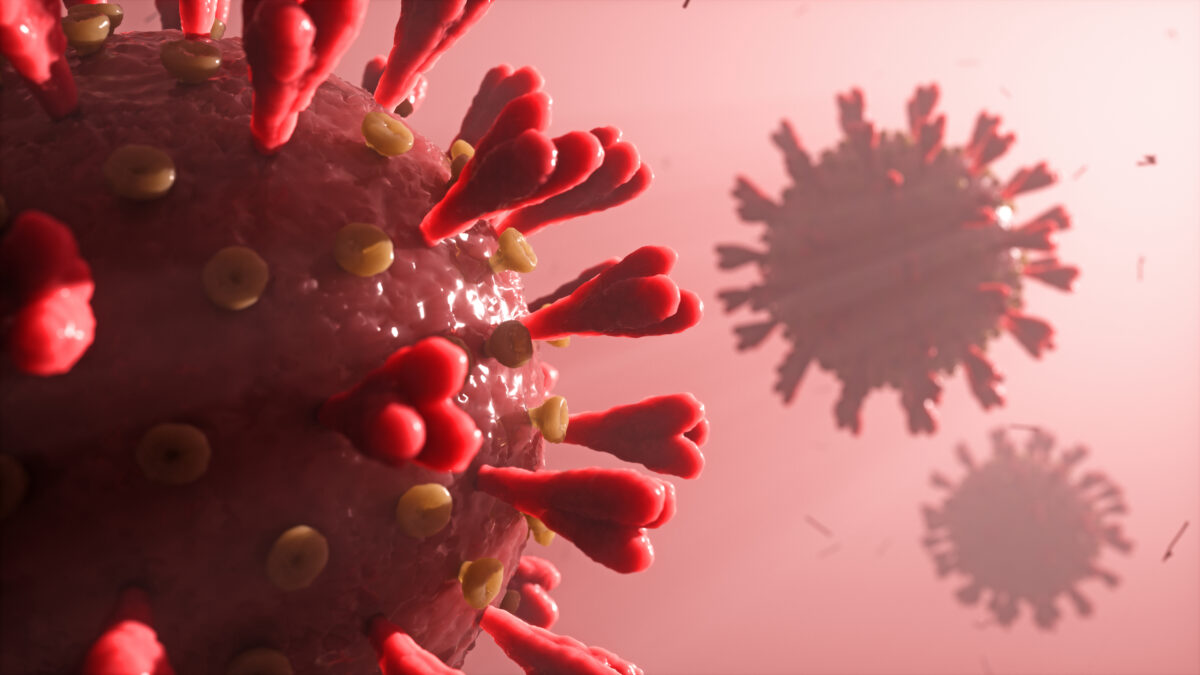For the latest news on Covid 19 click here.
Covid 19 Resources

Call: (561) 475-5700
Contact Us
For the latest news on Covid 19 click here.

Healthy aging is a critical aspect of living a fulfilling life as we get older. It involves maintaining physical, mental and social well-being. Vitamin D is essential in this process as it helps the body absorb calcium, which is vital for maintaining strong bones. Adequate vitamin D intake can also reduce the risk of developing certain chronic diseases such as osteoporosis, diabetes, and some types of cancer (National Institutes of Health, 2021).
Vitamin D can be obtained from various sources, including food and supplements. Some food sources rich in vitamin D include fatty fish such as salmon and mackerel, egg yolks, and mushrooms that have been exposed to ultraviolet light (Office of Dietary Supplements, 2021). Supplements are also available and can provide a convenient way to ensure that you get enough vitamin D. It is important to consult with a doctor or a registered dietitian to determine the appropriate dose and to check for any potential interactions with other medications you may be taking (Mayo Clinic, 2021).
While vitamin D is important for healthy aging, it is also important to not over consume it. Too much vitamin D can lead to toxicity, which can cause side effects such as nausea, vomiting, weakness, and even kidney damage (Office of Dietary Supplements, 2021). This is why it is crucial to get your vitamin D levels checked regularly and to consult with a healthcare provider before starting a new supplement regimen (Mayo Clinic, 2021).
In addition to sufficient vitamin D intake, there are other lifestyle factors that contribute to healthy aging. These include regular exercise, a balanced diet, and engaging in social activities. It is also important to manage stress and get enough sleep, as these factors can impact overall health and well-being as we age (National Institute on Aging, 2021).
In conclusion, vitamin D plays a crucial role in healthy aging by helping the body absorb calcium and reducing the risk of certain chronic diseases. While it is important to get enough vitamin D, it is also important to not overconsume it. A balanced diet and lifestyle are also important for maintaining overall health and well-being as we age.
Sources:

Dr. Nicole Basile is a firm believer in empowering her patients through education. She understands that to address all aspects of a person’s health, it’s crucial to not only focus on one aspect but rather a holistic approach. That’s why she stresses the importance of exercise, diet, and lifestyle as integral components of overall health. By educating her patients on these areas and encouraging them to take an active role in their health, she empowers them to make positive changes that can significantly impact their health and well-being. Dr. Basile believes that by working together with her patients, they can achieve their health goals and lead a fulfilling life.
Over-cleaning of meats and vegetables may negatively impact your health as it can strip away important bacteria and nutrients from the food. In the case of meats, excessive washing can also increase the chance of foodborne illness due to the spread of bacteria from the surface of the meat to other kitchen tools and surfaces. This can result in cross-contamination and increase the risk of food poisoning. Furthermore, over-washing fruits and vegetables can remove their natural protective layer, making them more prone to spoilage and contamination.
It is recommended to only wash meats and vegetables when necessary and to follow safe food handling techniques to minimize the risk of foodborne illness. This information can be found in guidelines provided by organizations such as the USDA (United States Department of Agriculture) and the FDA (Food and Drug Administration).
Copyright © 2025 www.drnicolebasile.com. All rights reserved. Design by: accountablewebdesigns.com